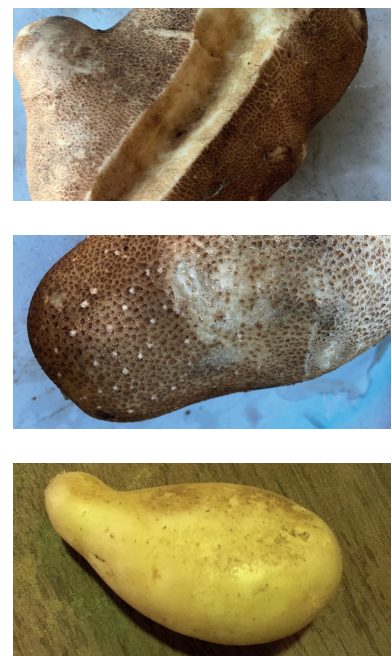Minimizing Salinity Impacts and Maximizing Crop Yield Potential in a Changing Climate

Salinity and hydrophobic soil conditions in South Australia pose significant challenges for potato growers, particularly with rising temperatures and limited freshwater resources. This paper examines the impacts of poor water infiltration, excessive irrigation, and high temperatures on potato yield and soil health. We discuss strategies for efficient irrigation management and soil amendment that can help reduce salinity impacts, improve soil moisture retention, and protect crops from heat stress. By adopting these practices, growers in South Australia can maximize the productivity of their crops, adapt to climate change, and sustainably manage scarce water resources for future generations.
The effects of hydrophobic soil Poor water infiltration in hydrophobic soils can lead to mound degradation, reducing crop yield potential. Excessive irrigation with saline water increases soil salinity, leading to scorched plants and nutrient loss. Rising temperatures further compound these challenges, making it more difficult to maintain adequate soil moisture.
Source: https://mailchi.mp






